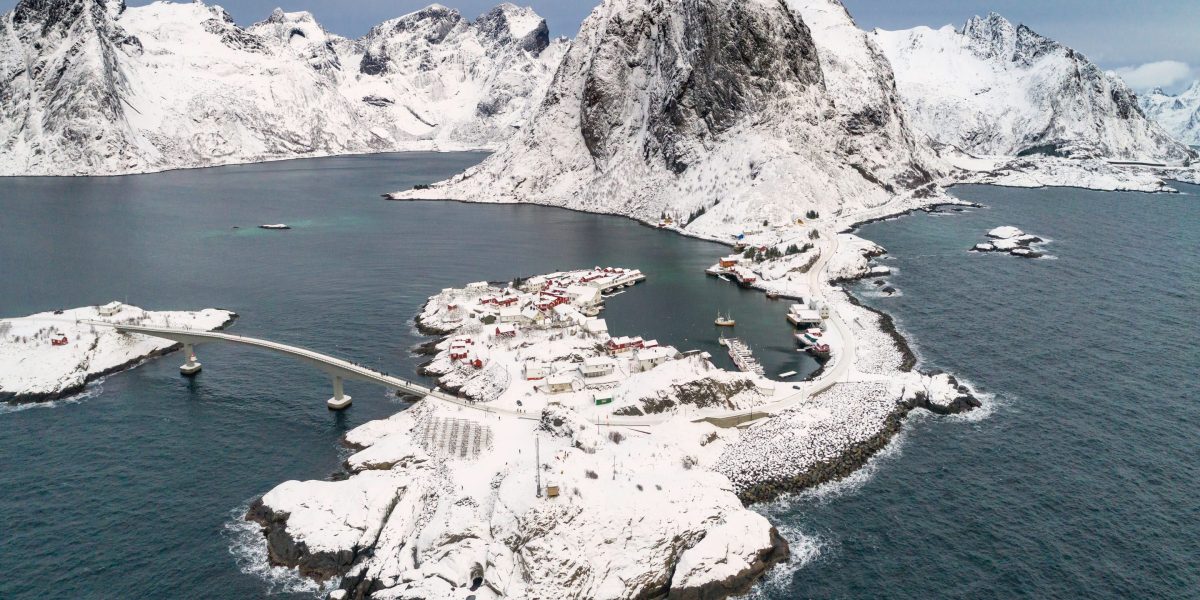Greenpeace on Friday warned Norway that its plans to open up its Arctic seabed to mining would cause “irreversible” damage to the entire marine ecosystem.
The Scandinavian country is expected to award the first exploration licences in 2025, and could become one of the first nations in the world to mine the seabed despite fierce criticism from scientists, NGOs and other countries.
“Norway’s deep sea mining plans in the Arctic will cause irreversible harm to biodiversity,” Greenpeace said as it published a report titled “Deep Sea Mining in the Arctic: Living Treasures at Risk”.
It said deep sea mining would pose a further danger to a little-studied ecosystem already under threat from global warming.
Among the dangers it cited were the direct removal of the seafloor habitat and organisms, noise and light pollution, the risk of chemical leaks from machinery and equipment, as well as the accidental displacement of species.
“Mining will cause permanent damage to those ecosystems and it will remain impossible to assess the full extent of those impacts, let alone control them,” said Kirsten Young, head of research at Greenpeace.
“Norway’s plans not only directly threaten species and habitats on the seabed, but also the wider marine ecosystem, from the tiniest plankton to the great whales,” she said in a statement.
Norwegian authorities have stressed the importance of not relying on China or authoritarian countries for minerals essential for renewable technology.
Oslo has also argued that mapping and prospecting will make it possible to fill in knowledge gaps.
“The global transition to a low-carbon society will require huge amounts of minerals and metals,” Astrid Bergmal, state secretary at the energy ministry, told AFP in an email.
“Today, the extraction of minerals is largely concentrated in a small number of countries or companies.
This can contribute to a vulnerable supply situation, which is challenging, especially in today’s geopolitical situation,” she said.
Some of the minerals are used in the manufacturing of batteries, wind turbines, computers and mobile phones.
Norway insists any potential exploitation would take place only after “responsible and sustainable” methods have been established, and the first projects will have to be approved by the government and parliament in advance.
Oslo plans to open up a 281,000-square-kilometre (108,500-square-mile) zone to prospecting — about half the size of France — in the Norwegian and Greenland Seas, and aims to award the first permits in the first half of 2025.
Among those that have protested against Norway’s plans are the European Parliament and environmental protection organisations, while countries like France and the UK and dozens of large companies have called for a moratorium on deep sea mining.


